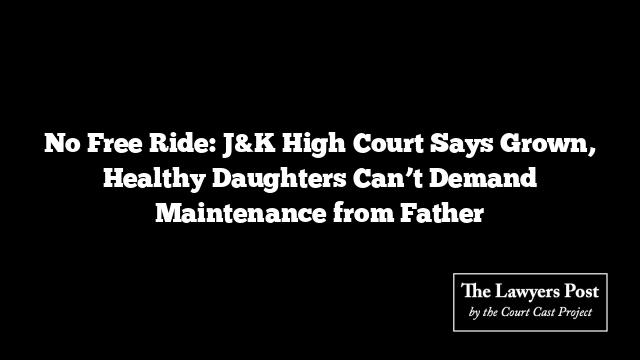In a country where legal rights often exist more on paper than in practice, a quiet legal revolution is underway—from the dusty lanes of Bihar to the bylanes of Karnataka. It’s not being led by towering courtrooms or high-powered panels, but by everyday lawyers, community workers, and a new kind of fellowship determined to make justice actually accessible.
India’s Constitution promises justice to all. In practice, it delivers it to a privileged few. Despite nearly 80% of the population qualifying for free legal aid, only a sliver—about 1%—ever receives it. For the poor, justice is either prohibitively expensive or dishearteningly elusive.
The numbers are revealing. Barely 8% of undertrials use legal aid. Meanwhile, most defendants paying private lawyers can’t afford to. The gap isn’t just economic—it’s systemic, and in many ways, deliberate.
Mandatory Pro Bono? Sounds Nice. In Reality, It’s a Mess.
In 2024, a committee proposed tying pro bono work to Bar Council benefits. The idea? Good intentions. The reality? Chaos. Most lawyers, especially the young ones fresh out of law school, are already struggling to make ends meet. Telling them to work for free to qualify for aid they might one day need themselves? That’s a tough sell.
Add to this the fact that states regularly fail to spend even half the money allocated for legal aid. Clinics in law schools often exist in name alone—no practicing lawyers, no outreach, no infrastructure. And with only one legal aid clinic for every 127 villages, it’s no surprise people stop looking for help.
Enter Nyaaya: The Law, Rewritten for the People
Launched in 2016, Nyaaya isn’t a law firm. It’s a legal access movement. Its flagship initiative, the Samvidhaan Fellowship, pairs grassroots legal engagement with real mentorship—creating a structure that not only informs people of their rights but also helps them use them.
The Fellowship is based on a deceptively simple idea: if the justice system won’t come to the people, maybe the people should be equipped to navigate the system. Nyaaya partners with district lawyers in Bihar and Karnataka, training them to work alongside local groups and state authorities like KSLSA and Jeevika.
The Fellowship doesn’t just drop a lawyer in a village and hope for the best. It gives them training, mentorship from seasoned legal minds, and—critically—financial support. The goal isn’t just outreach. It’s to build a new legal culture from below.
Mentors That Matter, Funding That Frees
This isn’t a shoestring operation. Backed by Rohini Nilekani Philanthropies and a roster of senior advocates and legal minds, the Fellowship connects grassroots lawyers with some of the brightest legal thinkers in the country.
Think retired Supreme Court judges. Senior advocates. Law professors. These mentors don’t just lecture—they guide, co-strategise, and help young lawyers deal with the messiness of real legal battles.
And while institutional reform in India often feels glacial, community-led change moves faster.
Justice Stories That Don’t Make Headlines—But Should
In Bihar’s Forbesganj, where girls go missing by the thousands every year, Fellow Mukesh turned awareness into action—training locals to file FIRs and finally getting the police to take notice.
In Karnataka, Fellow Sandarshini has embedded herself at NIMHANS, working directly with survivors of violence, ensuring they don’t face trauma alone—legally or emotionally.
In Bangalore, Shirisha is fighting to make the POSH Act mean something for domestic workers who’ve long worked outside the law’s reach.
Each Fellow’s story is a micro-revolution. They’re not waiting for a top-down fix. They’re building a bottom-up response.
The Bigger Lesson: Decentralisation Over Centralisation
The Samvidhaan Fellowship doesn’t pretend to replace government institutions—it works around their gaps. By investing in district-level lawyers and pairing them with mentorship, it avoids the common pitfall of legal aid: too much theory, too little practice.
What emerges is a blueprint for something bigger—a pro bono system that’s functional, sustainable, and grounded in reality.
So What Now?
If you’re a senior lawyer wondering how to make your time and experience count, here’s the answer: get involved. Mentor a young Fellow. Fund a legal aid project. Help build an ecosystem where justice isn’t a luxury.
As one of the Fellowship’s advisors puts it: legal aid doesn’t just need more money—it needs better minds guiding it, and braver hearts executing it.
The courts will always have their place. But if justice is to truly belong to everyone, it has to start where people live, work, and struggle. That’s where Nyaaya is heading—and it’s taking justice with it.





